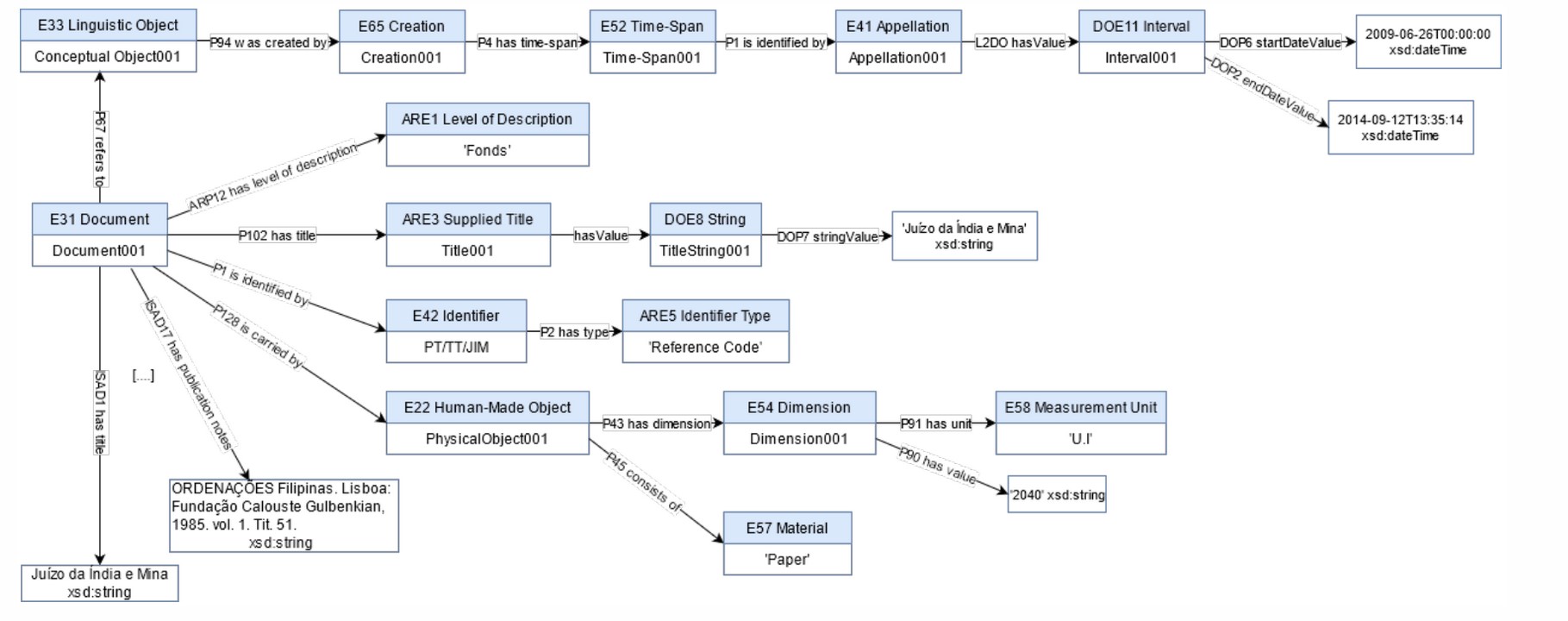It was the starting point for research on archives linked data, in the Portuguese context, and it aimed to facilitate access to national cultural heritage – and information in general. The EPISA project, which brought together INESC TEC, the Directorate-General for Books, Archives and Libraries (DGLAB) and the University of Évora, ended recently, and the collaboration between these organisations led to a set of prototypes and proofs of concept that make the information in the archives more accessible, both for professionals and the public.
Starting from the documentary retrieval of the National Archive of Torre do Tombo, the EPISA project, led by INESC TEC, aimed to boost representation and improve access to archival records through the use linked data technologies. “The project addressed multiple research questions about linked data in archives and the results provide appropriate standards and technologies for systems in this area. Several prototypes and proofs of concept have been developed, and the incorporation of said innovative solutions and contributions into systems under development is something possible from now on”, said Carla Teixeira Lopes, researcher at INESC TEC.
Among the most relevant results of the project is the EPISA Platform, a computing infrastructure based on open technologies that supports the storage, processing, access, and interaction with linked data. “The EPISA Platform directly benefits archive professionals and users, namely in the search and exploitation of archive information, by creating new views and ‘paths’ on records”, explained the researcher. These new interfaces, proposed by the project, allow a more efficient interaction for both experts and users. Moreover, the use of semantic web technologies allows incorporating the archive data into the global network of linked data, connecting them to other sources of information.
Alongside the platform, the team of researchers also created a linked data model for archives – ArchOnto. “This model has a direct impact on the work of archivists, allowing, on the one hand, the creation of richer descriptions and, on the other hand, facilitating the interconnection of records and concepts”. Thus, ArchOnto presents itself as an alternative to the standards currently used for description purposes, such as the international general standard for archival description (ISAD(G)) – which follows a hierarchical structure – by proposing a linked data model, which allows a finer description further interconnected with other descriptions. The ontology specification is available and can already be used by the archive-dedicated community.

“The EPISA project initiated a research work on the use of linked data in archives in the Portuguese context and, from a scientific point of view, we hope that the multiple publications and datasets produced can become useful to other researchers, and to the archive-dedicated community”, concluded the researcher.
EPISA – Entity and Property Inference for Semantic Archives – was a research project funded by the Foundation for Science and Technology, within the scope of the call for projects in Data Science and Artificial Intelligence in Public Administration. The project took place in collaboration with the DGLAB and the University of Évora.
The researcher mentioned in this news piece is associated with INESC TEC and UP-FEUP.




 News, current topics, curiosities and so much more about INESC TEC and its community!
News, current topics, curiosities and so much more about INESC TEC and its community!